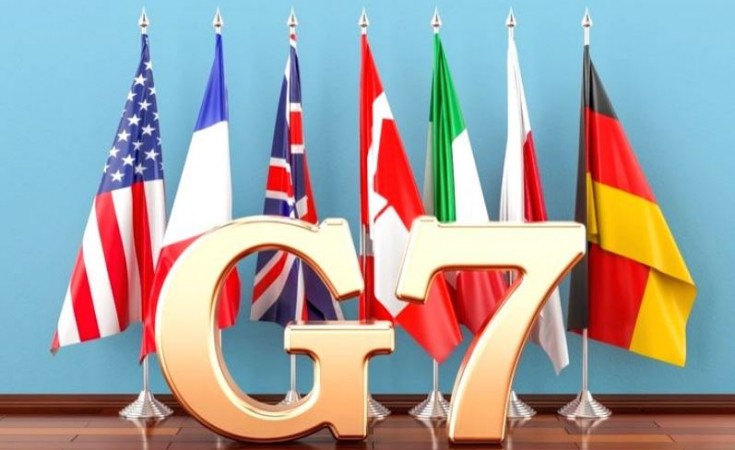
JAPAN: Starting on May 19, distinguished delegates from the most developed economies in the world will meet in Hiroshima, Japan, to address a number of common issues. Among them is the persistently unstable global economic environment, which is characterised by inflationary pressures and rising living expenses.
Furthermore, despite the pandemic, China is actively boosting its economic influence and strategic might, while Russian President Vladimir Putin's military operations in Ukraine continue.
When the leaders of the Group of Seven (G7) countries—the United States, Japan, Germany, France, the United Kingdom, Italy, and Canada—get together, there are a number of important issues that require their focus and coordinated actions.
Enlisting countries beyond the G-7, particularly those in the so-called Global South (or what the G-7 refers to as "middle countries"), which include those in Africa, the Middle East, Latin America, and other parts of Asia, is one of the group's largest problems.
In an increasingly multipolar world, these nations may choose to align themselves with China or the larger regional power rather than the US and its allies. On the eve of the summit, Japan has invited the leaders of other nations, including Vietnam, India, Brazil, and the African Union.
Due to worries about how sanctions will affect their own economies and prevent them from getting involved in larger wars, many countries have demonstrated reluctance to impose sanctions on Russia.
Some nations express unhappiness with the United States for what they see as years of neglect and criticise its propensity to preach about morals and human rights while addressing its own problems at home.
The G-7 is asked to go beyond simple acknowledgment and show real action from the perspective of the Global South. These countries require unambiguous assurances of debt support as well as other concrete economic measures.
The repercussions that were imposed on Russia as a result of its military incursion into Ukraine are unmatched in terms of their broad breadth and significant effects. The Russian economy has nonetheless survived, albeit to a smaller level.
Moscow continues to export gas and oil while coming up with inventive ways to get over the restrictions that have been put in place.
In order to discuss potential actions to close the current gaps, the leaders of the G-7 countries will meet in Japan with their European Union colleagues. Implementing an almost complete export ban to Russia is one of the ideas being considered, however there are several challenges with this specific idea.